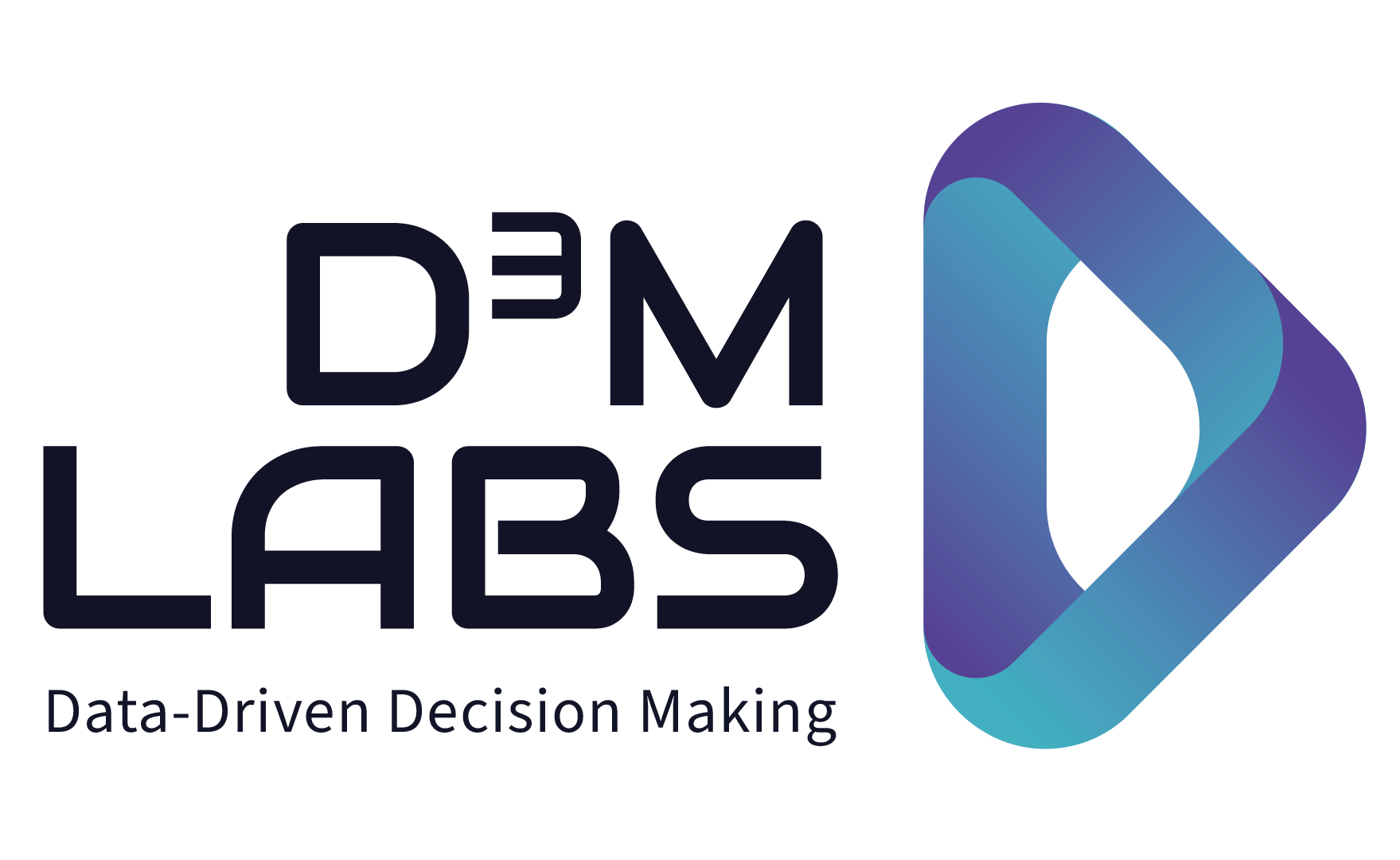The past decade has been a rollercoaster for data-driven businesses. From the rise of Berlin’s booming startup scene to the sobering lessons of failed innovations, one thing is clear: ideas alone aren’t enough.
In our latest video, Elizabeth Press speaks with Pier Martin, data leaders who’ve weathered Berlin’s decade of hype, hope, and hard lessons, about how organizations can turn data into real business value. Here’s what they shared.
Why Do So Many Innovative Ideas Fail? (1:04)
Innovation often dies not because the idea is bad, but because execution is weak. Ideas must be connected to tangible business value, and organizations need an operational model to ensure adoption at scale. Change management is key: people must not just understand new solutions—they must embrace them and actually use them. Without this discipline, even the best ideas rarely see the light of day.
Why Is Germany Slow? (4:03)
Cultural factors play a role in execution. Germany’s consensus-driven approach ensures alignment but can significantly slow decision-making. Too many voices can delay action, and iteration cycles are often long, leaving little room for quick wins. Additionally, organizations sometimes continue investing in projects that aren’t working because of the sunk cost fallacy, making it even harder to pivot or stop failing initiatives.
The Danger of Tool-Based Innovation (5:36)
Many organizations fall in love with technology, expecting tools to solve problems on their own. Pier and Elizabeth caution that tools, no matter how sophisticated, cannot replace the right people, processes, and governance. Even the best tools fail if the problem isn’t clearly understood, or if the organization isn’t equipped to implement solutions effectively. True value comes from aligning technology with a clear understanding of the problem and a robust operational framework.
Making the Business Case (7:33)
Data only delivers value when it is used to improve products, guide better decisions, and generate measurable ROI at scale. Investment in data quality, governance, and compliance is critical to ensure reliability and trust. Organizations must tie data initiatives directly to real business outcomes, rather than vanity metrics or dashboards that look impressive but don’t create tangible impact. When properly aligned, data becomes a driver of measurable business value.
Reflections: Lessons from the Last Decade (8:23)
The hype is over. The boom has given way to a reality check, and the companies that thrive are those that build an operating system for innovation, focus on execution and adoption, and tie everything to ROI. By learning from past failures rather than repeating them, organizations can create lasting impact from their data initiatives.
Key Takeaways
The decade of hype has taught us that ideas without execution are wasted, and that culture and consensus, while important, must not slow momentum. Tools alone cannot replace strong processes and governance, and data initiatives only succeed when they are tied to measurable business outcomes. The future belongs to organizations that take these lessons to heart and turn data-driven innovation into real value.
The hard truths remain—but for those ready to act, the opportunity to turn data into measurable business results has never been greater.
🎥 Watch the full conversation with Elizabeth and Pier here: From Hype to Hard Truth Lessons in Data Driven Innovation

